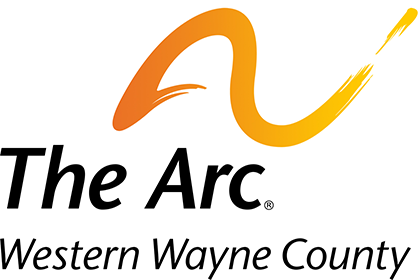Transition means passing from one condition or place to another. In special education, transition is defined as the systemic passage from school to adult life for students with disabilities. Transition from school to adulthood may also be seen as the life changes, adjustments, and combined experiences that occur in the lives of young adults as they move from the school environment to a more independent living and work environment.
Some of those life experiences may include changes in self-awareness, sexuality, work and financial needs, and the need for independence in travel, mobility, and living. A major part of successful transition is increasing self-confidence and competence in one’s work skills and independent living skills.
According to IDEA, the Individual’s with Disabilities Education Act of 1990, which was revised in 2004 transition services are required to begin no later than the first IEP to be in effect when the child turns 16 years old, and reviewed annually thereafter. Students under the age of 14 who are at risk of dropping out of school, or who could benefit from transition services, should also be considered.
The child with a disability is to attend the IEP team meeting if the purpose is to consider postsecondary goals. If the child does not attend, attempts by the local educational agency must be made to ensure that the child’s preferences and interests are considered.
These services must be based on individual needs and reflect the student’s interests and preferences. The services should include a set of activities for students which include outcomes that promote movement from school to post school activities in four basic areas; employment, post-school adult living, community participation and post-secondary educational training. There is additional information about these transition areas available on the Take Charge Helpline.
Transition requires that people and agencies work together to identify and plan for needed programs and supports. Successful student transition requires collaboration of many individuals and agencies. No single entity, school, adult agency, family, adult service provider or post-secondary institution can do this job alone. The Local Educational Agency, or LEA must invite a representative of any agency that is likely to be responsible for providing or paying for transition services.
There is additional information about transition on The Take Charge Helpline.
Phone code: 1600

Recent Comments